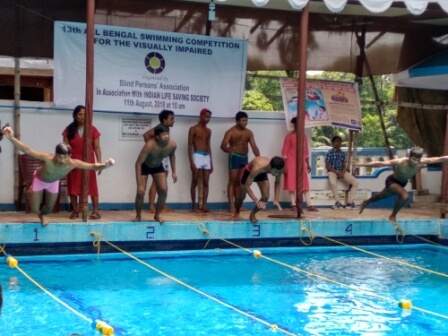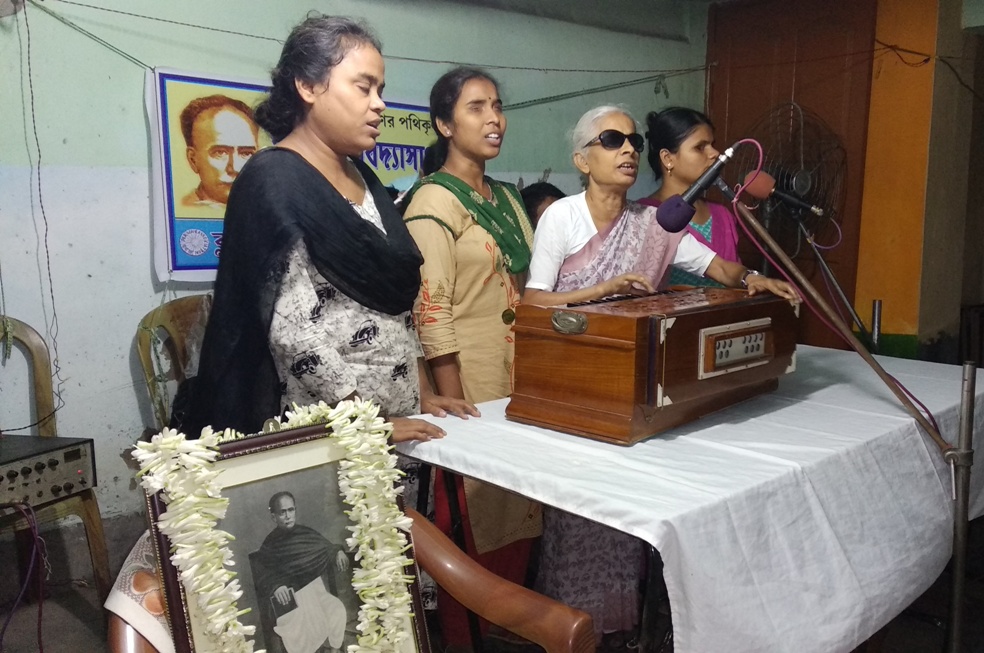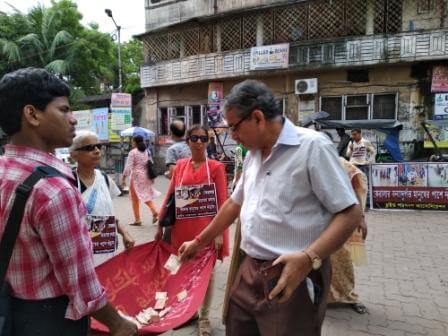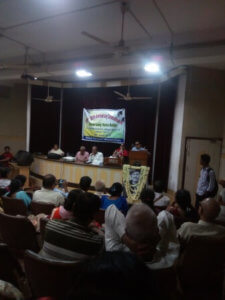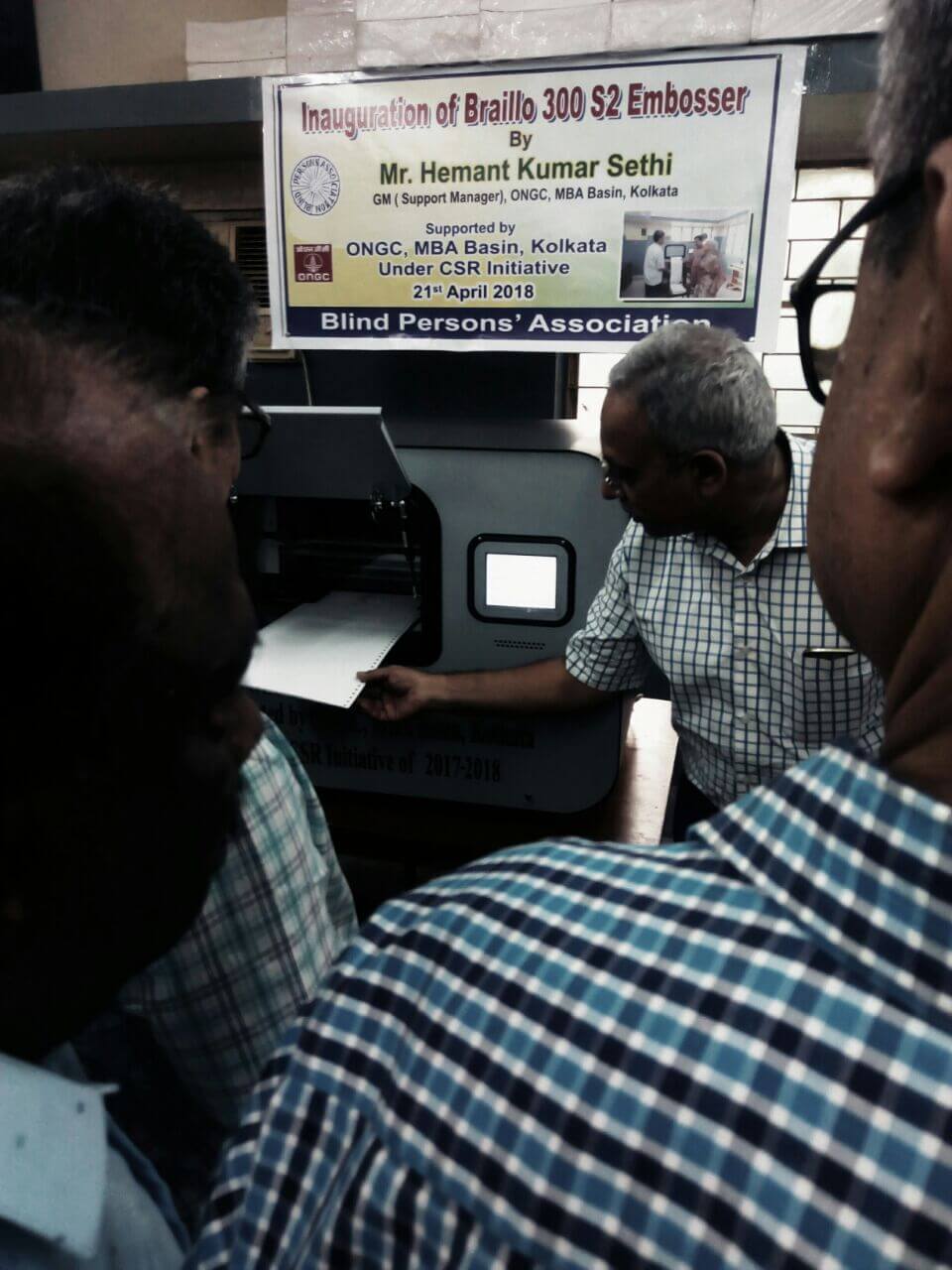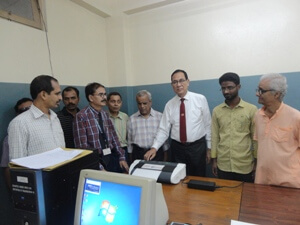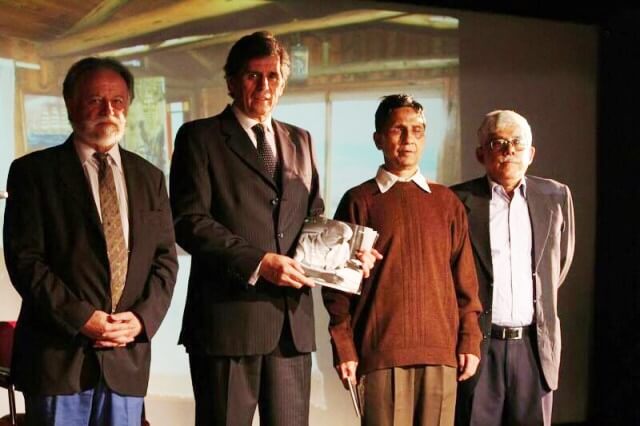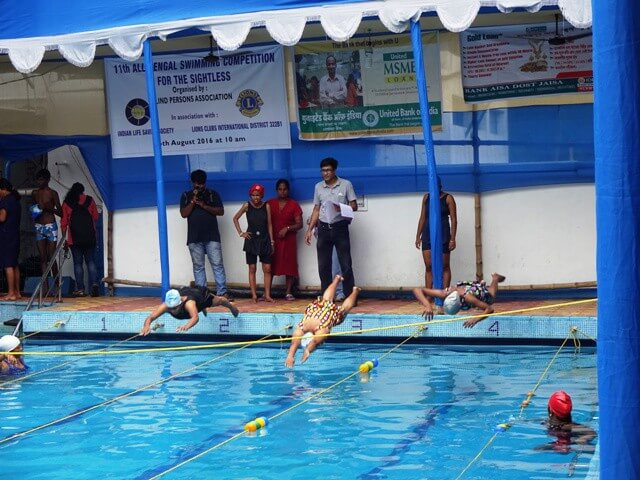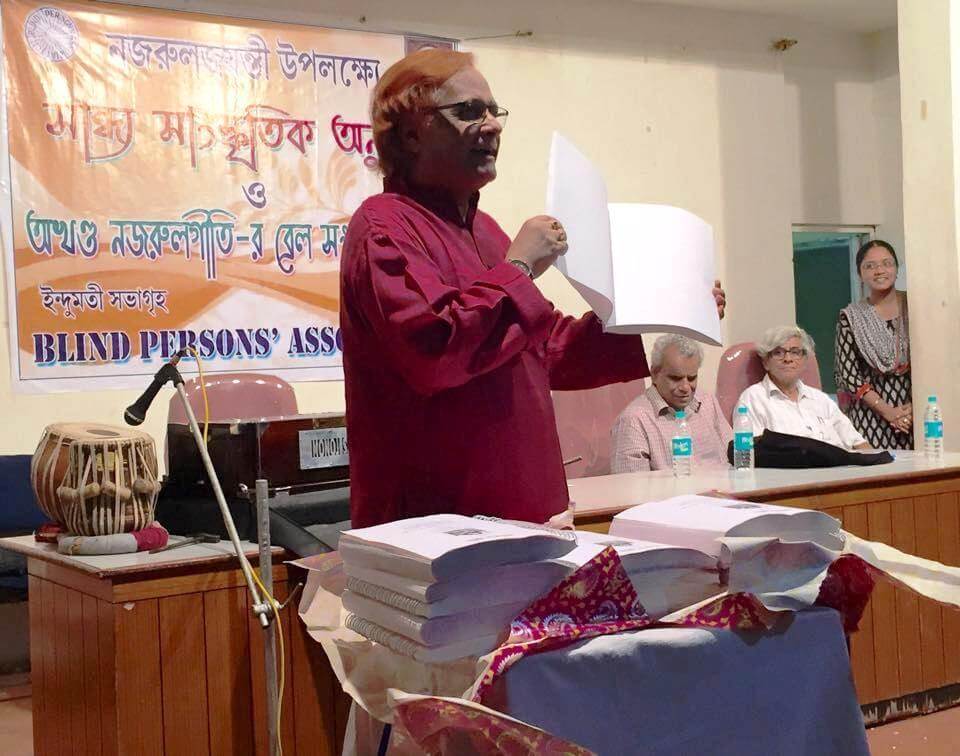We are happy to present Hutom Pyanchar Naksha by Kaliprasanna Singha in the form of an audio book to our innumerable listeners. First published in 1862, this book is acclaimed as a landmark publication in the history of Bengali literature. Hutom Pyanchar Naksha was written in colloquial Bengali when Bengali prose was still in its growing stage. Vidyasagar was just trying to develop standard prose style and Bankim Chandra was still writing poetry.
Another significant contribution of Hutom Pyanchar Naksha was its realistic portrait of the Bengali society in mid-nineteenth century Kolkata. The book is a series of literary sketches. The tone is satirical, the target being the so-called babus or the gentlemen belonging to the affluent section of the society. Needless to say, the author Kaliprasanna Singha himself belonged to an affluent and influential family of Kolkata and he knew his characters very closely. His story of Babu Padmalochan Dutta represents the newly-rich Bengali merchants. There are comic references to the Brahmas whose thoughts and activities were closer to Christianity than Hinduism.
Hutom Pyanchar Naksha records in this book how some cunning gurus played tricks on the credulous people and how their tricks were exposed by young students of science. Readers may enjoy the experience of two Vaisnavas, Premananda and Jnanananda. We have to admit that description of the train journey of Premananda and Jnanananda from Howrah to Mughal Sarai way back in 1862 has a universal appeal. There is hardly a Bengali reader who has not travelled on this route by train. However, we are surprised by the corrupt practices among railway officials and police in those early days of Indian rail.
On Kaliprassanna Singha
Kaliprasanna Singha (February 23, 1841 – July 24, 1870) was a versatile genius. Apart from Hutom Pyanchar Naksha, he wrote and directed a few dramas. He founded the Vidyotsahini Sabha, a literary platform for promoting education. Most of its members were renowned men of the city who were far senior to him in respect of age. He provided assistance to everyone in distress, particularly those who contributed to the society in some way. He patronized several newspapers and he himself started a daily in Bengali.
The most notable work of Kaliprasanna Singha was the Bengali prose translation of Mahabharata. He incurred huge loss from this project as he distributed this book absolutely free. Kaliprassana’s Mahabharata is widely read even today. He was an ardent follower of Vidyasagar and supported his widow remarriage programme by donating Rs. 1,000 to every bridegroom who married a widow.
The life and works of Kaliprasanna Singha greatly inspired Sunil Gangopadhyay to write his novel Sei Samay. The hero of the novel, Nabin Chandra Singha, is drawn on Kaliprasanna. In fact, some facts like the exposure of the hypocrisy of the gurus in Hutom Pyanchar Naksha are also narrated in Sei Samay.
Availability
Hutom Phyanchar Naksha is about 6 hours and 45 minutes long. This book has no copyright restrictions. We may make it available publicly in future. Members of Blind Persons’ Association may request for free download. Visit Audio Books page for details.
